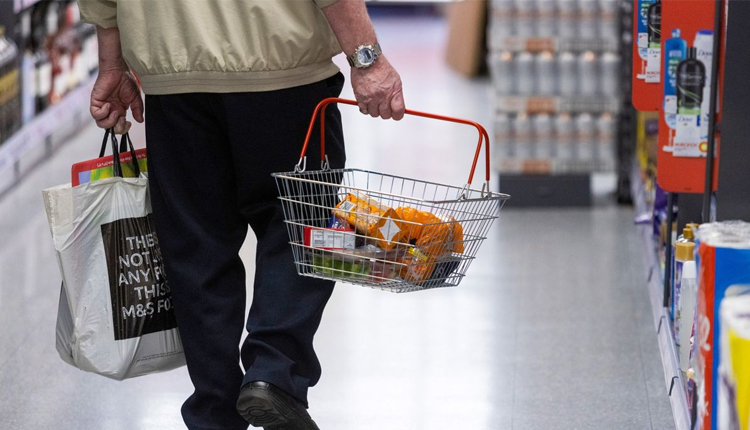The Office for National Statistics announced on Wednesday UK’s consumer price index (CPI) reached 10.4 percent in February, compared to 10.1 percent in January, marks the first time in four months.
Food prices also jumped 18 percent in the 12 months prior to February, compared to 16.7 percent rate recorded the previous month.
George Dibb of the Institute for Public Policy Research (IOD) said this inflation increase is expected to “raise more concerns for households whose budgets are already stretched to their limits.”
Russian-Ukrainian war has significantly increased the cost of food and energy in UK. This, in turn, caused a broader rise in prices.
Following the announcement of these figures, the Bank of England (BOE) became even more pressured to increase interest rates for the 11th consecutive time.
“some have suggested that the febrile environment in the banking sector should give central banks pause for thought before raising rates further… Today’s data suggests the opposite,” chief economist at IOD said.
The government has introduced subsides to lessen the effect of the global rise in energy prices. In spite of it, the average household bill for electricity and natural gas rose 27 percent last year.
The Bank of England predicts inflation would slow down this year. U.K. Treasury chief, Jeremy Hunt stressed, however, that “falling inflation isn’t inevitable, so we need to stick to our plan.”
